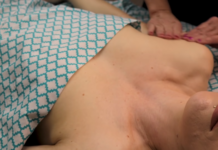
If you are planning to undergo addiction recovery, there are many questions you’re asking. One of them pertains to affordability. While addiction treatment is not cheap, there are ways to make sure it’s taken care of on the financial end.
The real question is: can insurance cover it? The short answer is yes. The longer answer is that it might depend on the kind of insurance policy that you have on hand. Addiction treatment in North Carolina can be a financial challenge. Yet, this guide will be able to help you overcome the obstacles to getting the help you deserve.
Let’s get started with the following questions you might be asking about addiction recovery and the type of insurance or payment methods that qualify.
Can private insurance cover my addiction recovery?
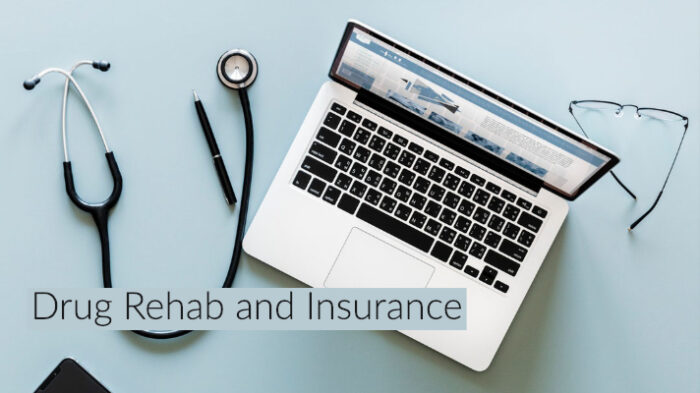
Private insurance plans are required to cover addiction treatment. This is in accordance with the Affordable Care Act (ACA). Specifically, this will cover both inpatient and outpatient treatment.
This will also cover medication-assisted treatments or MATs for those struggling with opioid addiction. The coverage can depend on the following factors: the type of plan you have and the state you reside in.
If you have any questions about private insurance and how much it can cover addiction treatment, contact your provider. Keep in mind that private insurance can cover so much. It might not be enough.
For this reason, it may be important to prepare for additional funding methods. This can include paying out of pocket or even crowdfunding money that can be set aside in a dedicated bank account that will be used to pay off the balance.
You might be asking this question: what if you do not have private insurance? Keep reading to find out what other options are at your disposal (and whether you qualify).
Are there any government-funded insurance plans that cover addiction treatment?
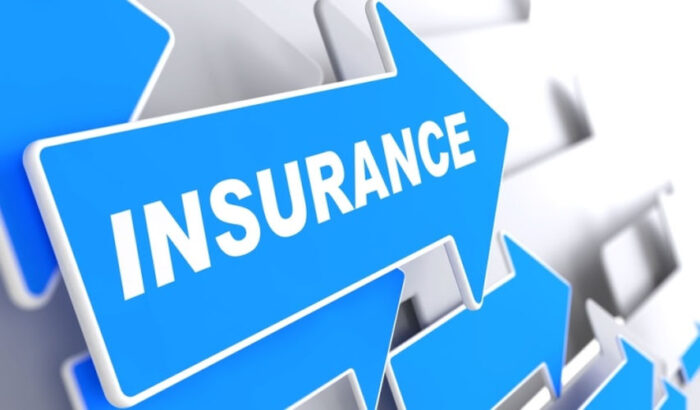
Yes. Medicare and Medicaid are two government-funded insurance plans that will be useful for covering addiction treatment. However, there are some conditions and factors that need to be met for each program.
Let’s take a look at the following:
Medicare
Medicare is designed to provide coverage for individuals who are 65 years of age or older. This can also cover those who are dealing with qualified disabilities. Addiction treatment is covered under Part B, which is defined as medically necessary services.
Medicare Part B will cover inpatient and outpatient treatment. It will also cover medication-assisted treatments or MATs for opioids. There are some restrictions that you need to be aware of.
For example, Medicare may not cover all types of treatment. You may be considering alternative therapies for addiction treatment. It’s important to ask a provider of this therapy to determine whether Medicare is accepted or not.
Medicaid
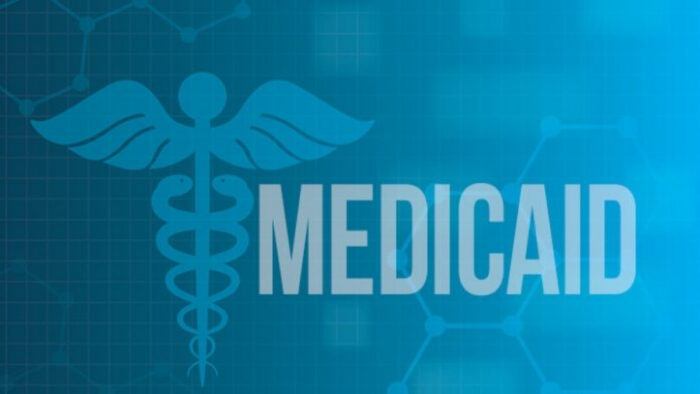
This is a program provided by your state and federal governments. The goal is to provide health care coverage to low-income individuals. States are required to cover addiction treatment in accordance with the ACA.
The requirements and coverage can vary from one state to another. For example, some states can cover inpatient and outpatient treatments along with MAT treatment. Others may not.
It’s important to consult with your Medicaid plan or speak with someone who will have knowledge about what your policy covers. It’s always a good idea to ask questions about your plan so you can be able to prepare for what you need to pay for in terms of your treatment.
You don’t want to go through your treatment with the stress and worry of what to pay for. Preparation will solve this problem before it ever becomes one. Know what kind of limitations there are with your Medicaid or Medicare plan as soon as you can.
It may be a race against the clock when it comes to your addiction. You might be looking to indulge in another substance between the time you’re figuring out the treatment process and finally starting it.
Is out of pocket payments necessary for addiction treatment?
Yes. Paying out of pocket is possible for addiction treatment. Indeed, this can be a primary payment method or additional to all other methods including private or government-funded insurance. This can be useful in paying off a balance or any expenses that cannot be covered by Medicare or Medicaid.
Paying out of pocket has its advantages. However, paying out of pocket may have a major disadvantage. You may not have a source of income that will help you meet the regular payment requirements.
One solution is to acquire employment that will help you earn an income. Part of that income will pay towards the balance of your treatment. Another alternative is through crowdfunding (such as GoFundMe and others).
This will allow people to pitch in by partially funding an amount of money. This way, the amount of money that is pooled together can be used to pay off any balance in a lump-sum. There is no predetermined amount of money for treatment as it may depend on several factors.
However, once you are made aware of an estimated cost, you can consider putting together a crowdfunding campaign that will go towards your treatment. It’s important that you have someone who you can trust to handle the process (including where the money goes).
Crowdfunding can be easy if you ask your friends and family to pitch in. They can, in turn, ask other people they know to pitch in if possible.
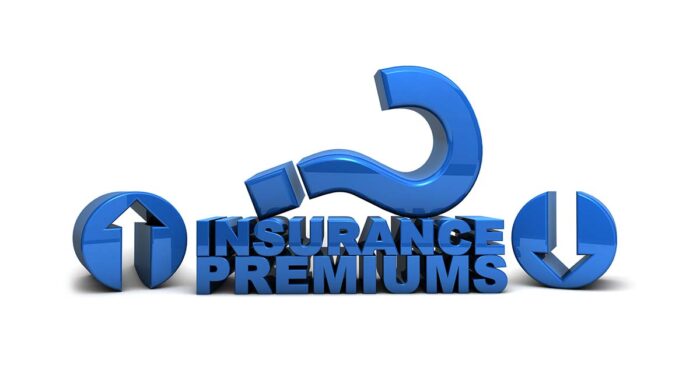
Final Thoughts
According to PremiereRecovery, insurance can be a huge help when it comes to the finances of your addiction recovery. It’s important that you consider your options going forward. Yes, finances can be a challenge.
But nothing can stop you from getting the treatment you need. Make sure you exercise your options as soon as possible to get the help you need. Whether you have insurance coverage or not, nothing is more valuable than your life.
Put a stop to addiction as soon as possible. Get the help you need now and you’ll have a rewarding life. Something money can never buy.

